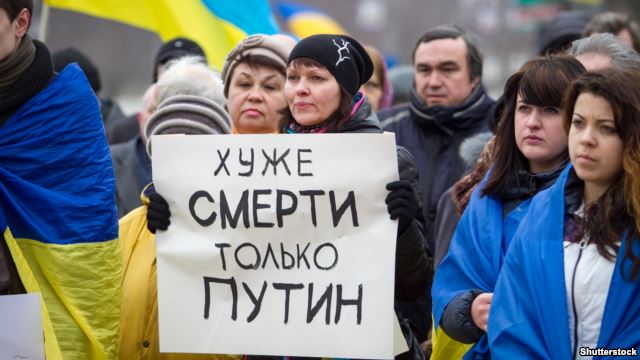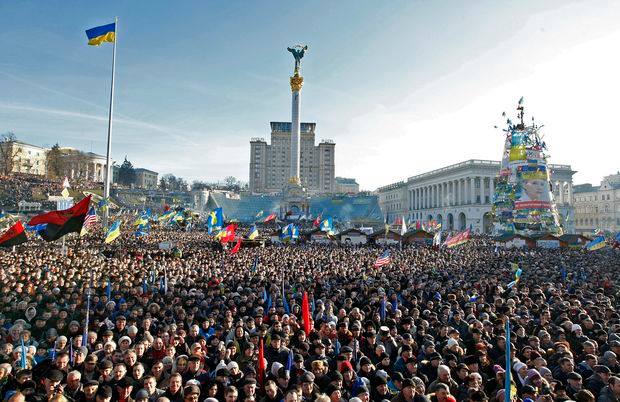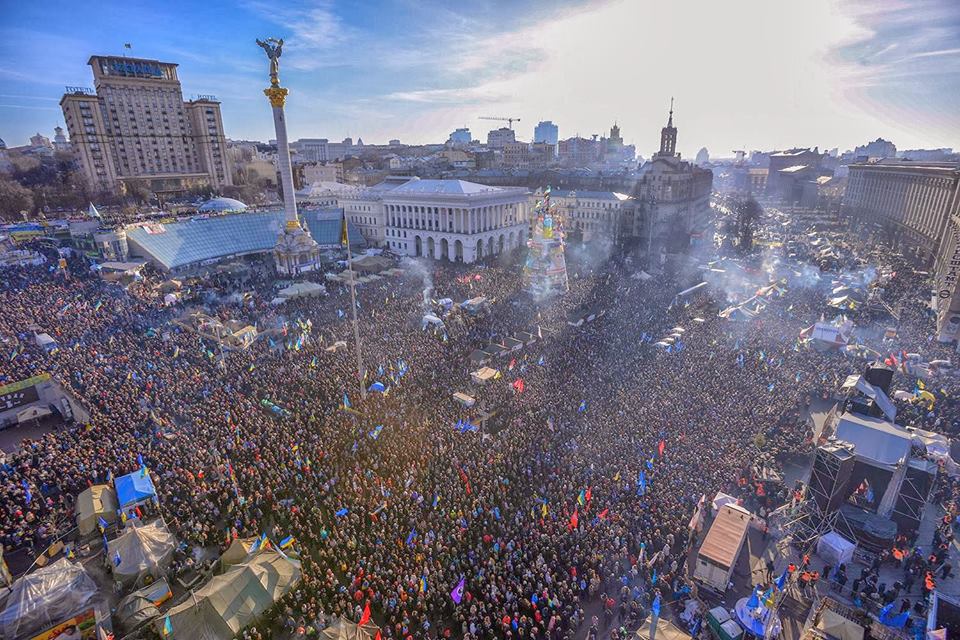All of what is happening in 2014 in Ukraine is a story not about money or resources. It is a story of a dream. The same dream that had been stolen from Ukraine twice.
Post-Soviet states entered second anti-communist revolutionary period, Shmelyev says
The post-Soviet world is entering its own version of 1968, Aleksandr Shmelyev says, “and everything taking place in…





